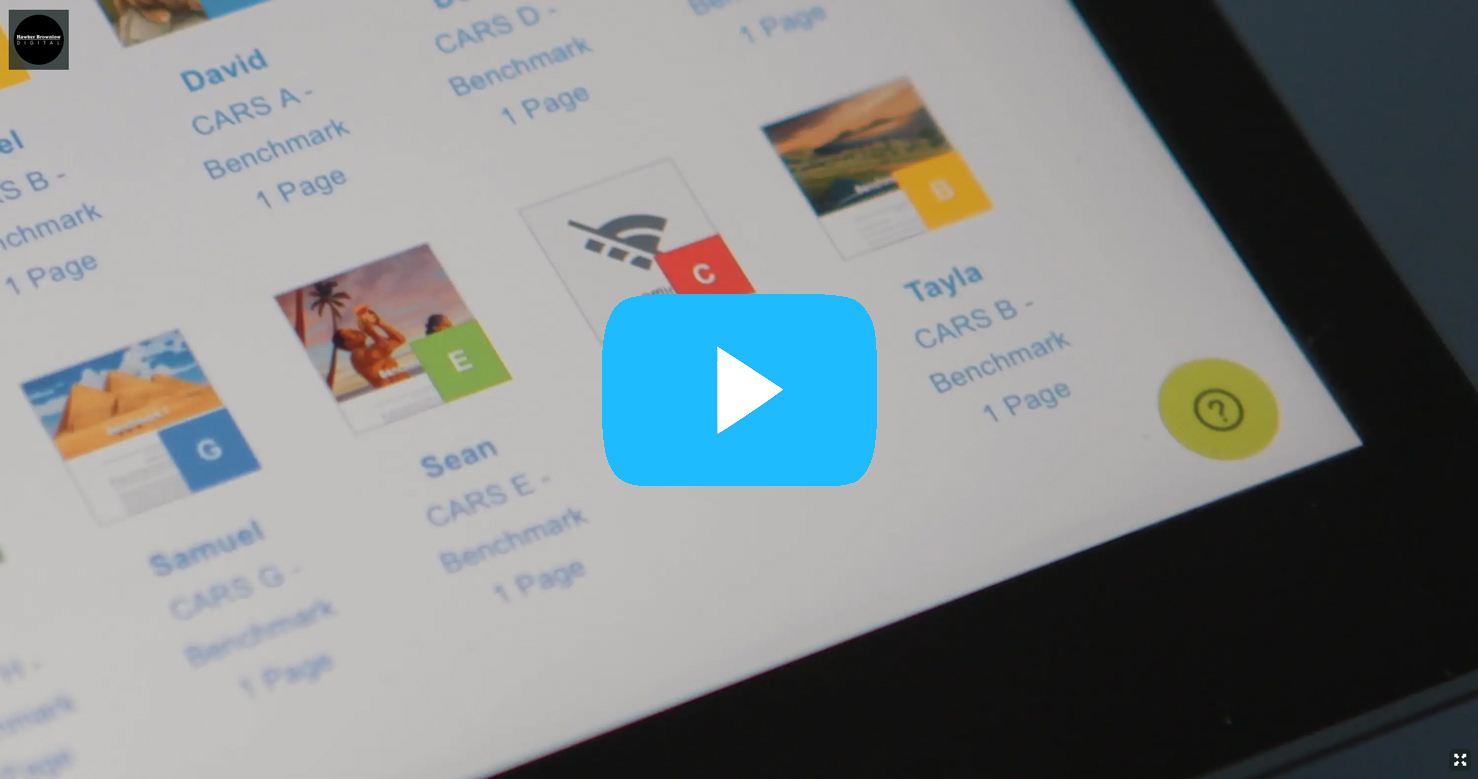Playing outdoors can have several positive effects on children’s reading comprehension skills. Here are just a few ways in which playing outdoors can contribute to the development of reading comprehension.
Vocabulary Expansion: Outdoor play often involves exposure to new environments, experiences and objects. Children may encounter various plants, animals and natural phenomena, which can introduce them to new vocabulary words. Exposure to diverse vocabulary enhances their word recognition and comprehension abilities when they encounter those words in reading materials.
Contextual Learning: Playing outdoors provides real-life experiences that can be connected to reading materials. For example, if children read a book about camping and have prior experience of camping outdoors, they can better understand the context, visualise the scenes and relate to the characters’ actions. Outdoor play can provide children with personal experiences that deepen their comprehension and make reading more meaningful.
Critical Thinking Skills: Outdoor play often involves problem-solving, decision-making and critical thinking. Children engage in imaginative play, create scenarios and make sense of their surroundings. These activities promote cognitive development and enhance their ability to analyse and understand information presented in texts. Improved critical thinking skills can facilitate comprehension by enabling children to make connections, draw inferences and evaluate the content they read.
Physical Activity and Brain Function: Physical activity has been shown to positively impact brain function, including cognitive abilities. When children engage in active play outdoors, their brains receive increased oxygen and nutrients, which can enhance overall cognitive functioning, including reading comprehension. Regular physical activity has been associated with improved attention, memory and information processing, all of which are essential for effective reading comprehension.
Visualisation and Imagination: Playing outdoors stimulates children’s imagination and encourages visualisation skills. Whether they’re exploring a natural setting, constructing with outdoor materials or engaging in pretend play, children exercise their ability to create mental images and visualise scenarios. These skills are directly transferable to reading comprehension, as visualisation helps children form mental pictures while reading, making the text more vivid and memorable.
Social Interaction and Language Skills: Outdoor play often involves interaction with peers and adults. Engaging in conversations, negotiating rules and collaborating in outdoor activities contribute to the development of language skills. These social interactions provide opportunities for children to practise verbal communication, express their thoughts and ideas and gain exposure to different perspectives. Stronger language skills, including listening and speaking, support reading comprehension by enabling children to understand and engage with the text more effectively.
While playing outdoors can have positive effects on reading comprehension, it should be complemented with regular reading practice and literacy-focused activities. Combining outdoor play with reading experiences, such as reading books related to outdoor themes or discussing outdoor experiences through storytelling, can further enhance children’s reading comprehension skills.
Another great way to enhance the reading comprehension of every student, at every level, is with CARS & STARS Online. CARS & STARS Online is a digital reading comprehension program where students move through five Pre-tests, five Benchmarks and five Post Tests at every level, building mastery of reading comprehension through multiple-choice questions targeting 12 core reading strategies.
If you are interested in learning more about the CARS & STARS Online subscriptions and how they can help children to achieve better results, then sign up for a free trial to be an integral part of your child’s reading success.
































